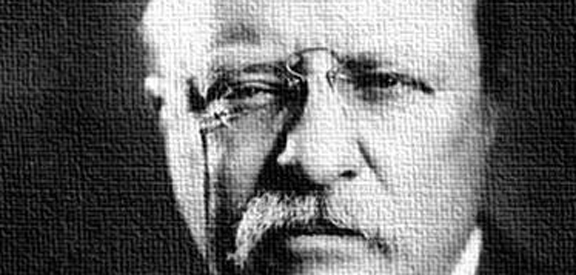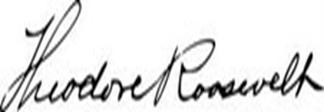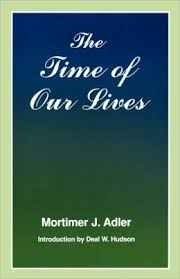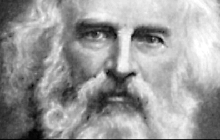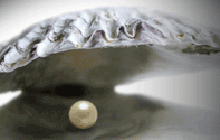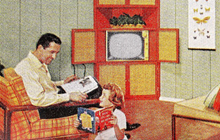DETERMINA’TION, n. 1. The act of determining or deciding. 2. Decision of a question in the mind; firm resolution; settled purpose; as, they have acquainted me with their determination. 3. Absolute direction to a certain end.
{Oct. 14, 1912, as Roosevelt was entering a car on his way to deliver a speech at a campaign rally in Milwaukee, Wisconsin, John Schrank fired a .38-caliber bullet point-blank into Roosevelt’s chest. Roosevelt waved off his doctor and insisted on being driven to the rally and delivering his prepared remarks. With the bullet lodged in his chest and blood slowly seeping into his shirt, Roosevelt began his speech by telling the crowd: “I don’t know whether you fully understand that I have just been shot; but it takes more than that to kill a bull moose.” For over an hour Roosevelt delivered his speech, driving the crowd of 15,000 into paroxysms of anxiety whenever he occasionally winced in pain, paused for a drink of water, or seemed to falter as his voice grew weaker. But each time, the Spanish-American War veteran and renowned big-game hunter rallied his legendary strength, calmed the worried crowd, and continued. When he finished the speech, the crowd roared with a response the reporter said was “deafening.” After he delivered his speech and strode off the stage Roosevelt allowed doctors to examine him. They found that the bullet, after going through his thick overcoat, the folded 50 pages of his prepared speech tucked into his breast pocket, and the metal spectacle case in that same pocket, still had enough force to burrow three inches into his chest. He recovered and continued his campaign.}
——-
“It is not the critic who counts: not the man who points out how the strong man stumbles or where the doer of deeds could have done better. The credit belongs to the man who is actually in the arena, whose face is marred by dust and sweat and blood, who strives valiantly, who errs and comes up short again and again, because there is no effort without error or shortcoming, but who knows the great enthusiasms, the great devotions, who spends himself for a worthy cause; who, at the best, knows, in the end, the triumph of high achievement, and who, at the worst, if he fails, at least he fails while daring greatly, so that his place shall never be with those cold and timid souls who knew neither victory nor defeat.” – Theodore Roosevelt, “Citizenship in a Republic,” Speech at the Sorbonne, Paris, April 23, 1910
“We are face to face with our destiny and we must meet it with a high and resolute courage. For us is the life of action, of strenuous performance of duty; let us live in the harness, striving mightily; let us rather run the risk of wearing out than rusting out.” – Theodore Roosevelt
“It is of course much pleasanter if one is naturally fearless, and I envy and respect the men who are naturally fearless. But it is a good thing to remember that the man who does not enjoy this advantage can nevertheless stand beside the man who does, and can do his duty with the like efficiency, if he chooses to. Of course he must not let his desire take the form merely of a day-dream. Let him dream about being a fearless man, and the more he dreams the better he will be, always provided he does his best to realize the dream in practice. He can do his part honorably and well provided only he sets fearlessness before himself as an ideal, schools himself to think of danger merely as something to be faced and overcome, and regards life itself as he should regard it, not as something to be thrown away, but as a pawn to be promptly hazard whenever the hazard is warranted by the larger interests of the great game in which we are all engaged.” – Theodore Roosevelt, Excerpt from “Vigor of Life”, written in 1913
“A man’s usefulness depends upon his living up to his ideals in so far as he can. It is hard to fail, but it is worse never to have tried to succeed. All daring and courage, all iron endurance of misfortune make for a finer and nobler type of manhood. Only those are fit to live who do not fear to die: and none are fit to die who have shrunk from the joy of life and the duty of life.” – Theodore Roosevelt, On “Manhood” Inscribed at the Theodore Roosevelt Memorial, Washington DC



